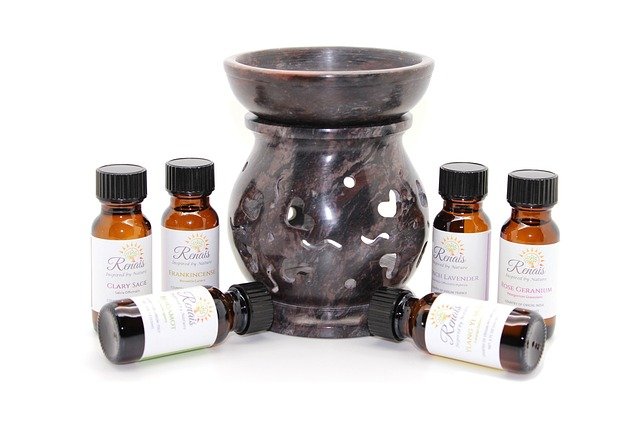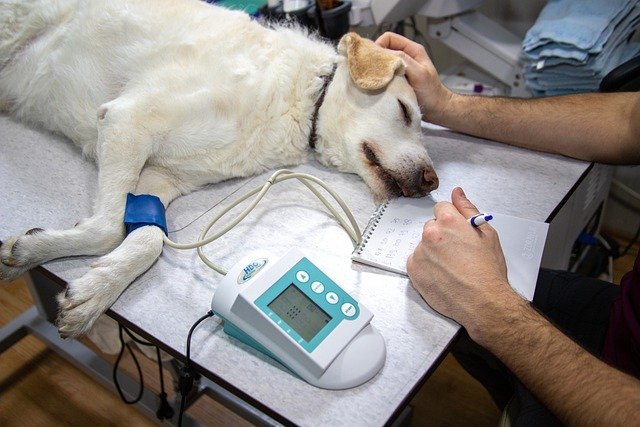Essential oils have gained immense popularity in recent years for their aromatic and therapeutic properties. Extracted from plants, these potent liquids are used in aromatherapy, personal care products, and alternative medicine practices, valued for their healing potential. However, while beneficial for humans, certain essential oils pose a significant risk to our canine companions. Understanding how these oils work and their impacts on dogs is crucial for pet owners who wish to use them safely.
Why Are Essential Oils Toxic to Dogs?

Dogs have physiological differences from humans, meaning their bodies process chemicals, including essential oils, differently. Essential oils are composed of volatile organic compounds, which can be easily absorbed through ingestion, inhalation, or skin contact. Dogs have a stronger sense of smell and may react negatively to high concentrations. Moreover, their livers, which play a critical role in detoxification, cannot metabolize these oils as effectively, leading to a toxic buildup in their systems.
Common Essential Oils That Are Harmful to Dogs

Many essential oils that humans find soothing or beneficial can be hazardous to dogs. Some of the most common include:
- Tea Tree Oil: Often used for its antibacterial and antifungal properties, it can cause depression, lethargy, liver damage, and even toxicity in dogs.
- Pennyroyal Oil: Known for its flea-repelling qualities, pennyroyal oil can lead to severe liver and kidney damage in dogs.
- Wintergreen Oil: This oil can be toxic due to its high methyl salicylate content, presenting a risk of gastric and respiratory problems.
- Pine Oil: Exposure to pine oil can cause irritation, vomiting, and damage to the central nervous system.
- Citrus Oils: Oils such as lemon or orange can cause vomiting and extreme sensitivity.
Symptoms of Essential Oil Poisoning in Dogs

Recognizing the symptoms of essential oil poisoning is critical for timely intervention. Clinical signs can vary based on the type and amount of oil exposure but commonly include:
- Vomiting and diarrhea
- Drooling and excessive salivation
- Difficulty breathing
- Weakness or lethargy
- Muscle tremors and seizures
- Redness or burns on the skin
If you suspect your dog has been exposed to toxic essential oils, immediate veterinary evaluation is essential.
How to Safely Use Essential Oils Around Dogs

While some oils are harmful, it doesn’t mean a total ban on using essential oils in homes with dogs. Here are some safety recommendations:
- Use a diffuser in a well-ventilated area and ensure your dog can leave the room if the scent bothers them.
- Avoid applying essential oils directly to your dog’s skin or fur.
- Store essential oils out of reach of pets to prevent accidental ingestion.
- Opt for pet-safe essential oils and consult with a veterinarian knowledgeable in aromatherapy.
Alternatives to Essential Oils for Pet Care

For pet owners interested in natural remedies, alternatives to essential oils exist. Herbal plant extracts, DIY natural sprays, and commercial products designed with pet safety in mind can offer safe substitutions without the risks associated with essential oils.
Consulting a Veterinary Professional

Before introducing any essential oils or alternative therapies into your dog’s care regimen, it’s highly recommended to consult a veterinarian, particularly one experienced with holistic or integrative medicine. They can provide guidance on safe practices and effective solutions tailored to your pet’s specific needs.
Empowering Pet Owners with Knowledge

Awareness and education are key to ensuring the health and safety of our pets. By understanding which essential oils are toxic to dogs and learning about safe usage practices, pet owners can enjoy the benefits of these natural oils without compromising the well-being of their four-legged friends. Stay informed, act responsibly, and prioritize your pet’s health in your household.

Esther is from India; the heartbeat of South Asia, holding a Master’s degree in Zoology and a postgraduate diploma in Animal Welfare. Her enthusiasm for animal welfare drives her passion and dedication to working for animals, ensuring their well-being, and advocating for their rights. With a solid academic background and hands-on experience, she is committed to making a positive impact in the field of animal welfare. In her free time, she enjoys embroidery and sewing. As a Chennaite from Tamil Nadu, Esther loves Bharathanatyam, an Indian classical dance form.





